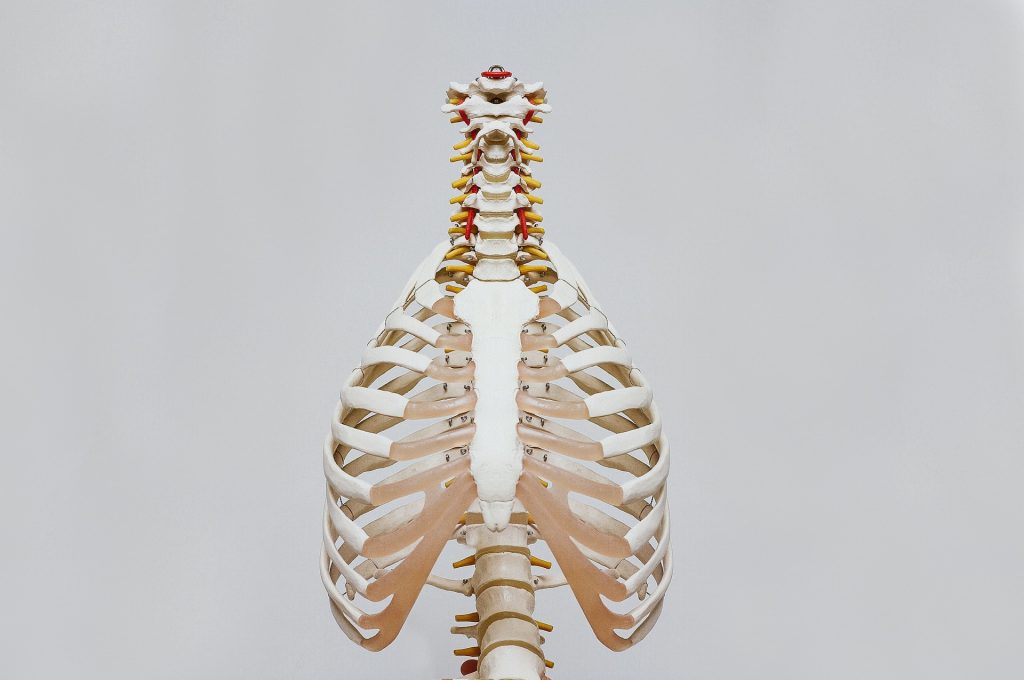In the intricate landscape of our bodies, there exists a silent and often overlooked hero – the lymph node. While these small, bean-shaped structures might not command the spotlight, their role in safeguarding our health is nothing short of remarkable. Join us on a journey through the fascinating world of lymph nodes, as we unravel their functions, explore their importance, and shed light on why they are the unsung heroes of our immune system.

What Are Lymph Nodes?
Lymph nodes are small, bean-shaped glands that play a crucial role in our immune system. You can think of them as security checkpoints strategically placed throughout the body. They are part of the lymphatic system, a network of vessels, nodes, and organs that work together to maintain fluid balance, remove toxins, and protect against infections.
How Lymph Nodes Protect Us
Imagine your body as a bustling city, with the lymphatic system acting as a sophisticated surveillance and defense network. Lymph, a clear fluid containing white blood cells, flows through the lymphatic vessels, carrying away waste and pathogens from the body tissues.
As this lymphatic fluid circulates, it passes through the lymph nodes. These nodes act as vigilant gatekeepers, scanning the lymph for any signs of trouble – be it bacteria, viruses, or abnormal cells. When a potential threat is detected, the lymph nodes kick into action, initiating an immune response to neutralize the invaders.
Lymph Nodes and the Immune Response
Within the lymph nodes, a harmonious symphony of immune cells orchestrates our body’s defense mechanisms. Specialized cells, such as B cells and T cells, collaborate to identify and eliminate harmful substances. B cells produce antibodies that neutralize pathogens, while T cells directly attack infected or abnormal cells.
The lymph nodes serve as a command center where immune cells communicate, strategize, and launch targeted attacks against invaders. This intricate dance of immune cells is vital for maintaining the delicate balance required to keep us healthy.
Swollen Lymph Nodes
Have you ever noticed tenderness or swelling in your neck, armpits, or groin? These are common areas where lymph nodes are located, and their enlargement is often a visible sign that your body is actively fighting an infection. When lymph nodes detect a threat, they may swell as immune cells multiply to combat the invaders.
It’s essential to pay attention to changes in lymph node size, as persistent swelling or tenderness may indicate an underlying health issue that requires medical attention. In most cases, swollen lymph nodes are a sign that your immune system is diligently at work.
Lymph Nodes and Cancer
In addition to their role in fighting infections, lymph nodes also act as sentinels in the early detection of cancer. Cancer cells can travel through the lymphatic system, and if they reach the lymph nodes, they may trigger changes in size or texture. Physicians often check the lymph nodes near a tumor to determine if cancer has spread, guiding treatment decisions and improving the chances of successful intervention.

Maintaining Lymph Node Health
While our bodies are designed with a resilient immune system, there are steps we can take to support the health of our lymph nodes:
1. Stay Active
Regular exercise promotes healthy lymphatic circulation, aiding in the efficient removal of toxins and waste.
2. Hydration Matters
Adequate water intake helps maintain the volume and composition of lymphatic fluid, ensuring optimal function.
3. Balanced Diet
Nutrient-rich foods support immune function. Include fruits, vegetables, and lean proteins in your diet.
4. Practice Good Hygiene
Reducing the risk of infections by practicing good hygiene, including regular handwashing, is crucial.

Lymph nodes, though small in stature, stand tall as unsung heroes within our bodies. Their vigilance, orchestration of immune responses, and role in disease detection highlight the intricate design of our immune system. As we navigate the complexities of health, let’s pause to acknowledge and appreciate these remarkable guardians – the lymph nodes – whose silent efforts contribute significantly to our well-being. They are the invisible heroes that stand ready, ensuring our body’s defense is both robust and resilient.





